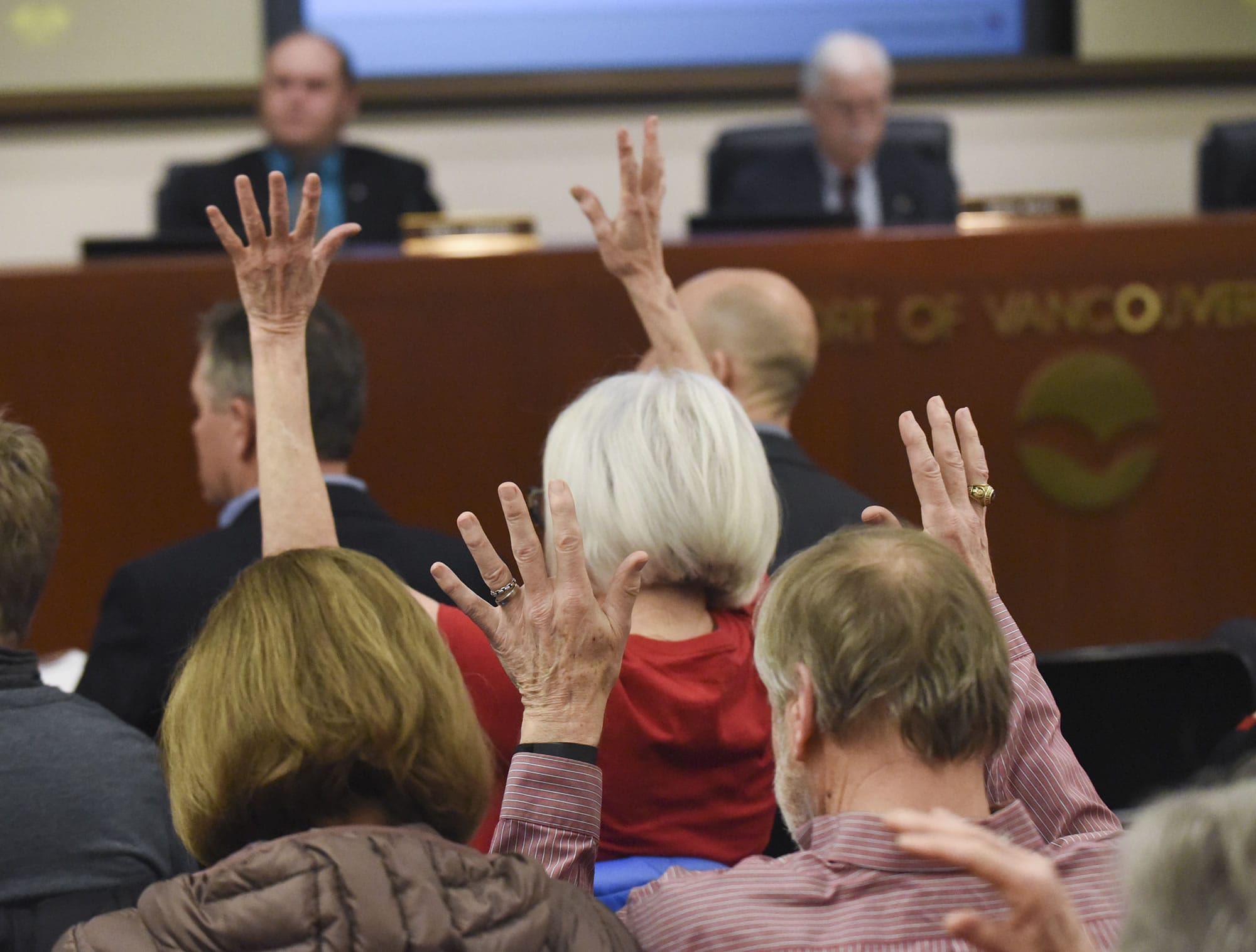The Port of Vancouver’s computer network was subject to a denial-of-service attack during Tuesday’s contentious, 4 1/2 -hour-long board of commissioners meeting on the fate of Vancouver Energy.
A denial-of-service attack is a cyberattack frequently caused by malicious computer software called malware. The attack affects a computer system by sending a computer system its communicating with an overwhelming amount of work requests.
“It’s kind of like the notion of a traffic jam; there’s so much traffic on it that none of the communication packets can go where they’re trying to go,” said Adam Hahn, an assistant professor in electrical engineering and computer science at Washington State University in Pullman.
“It prevents others from accessing a system, but it doesn’t allow you to crack into a system,” he added.
Port Spokeswoman Abbi Russell said an attendee of the standing-room-only crowd unknowingly had a virus on their computer, and once the computer connected to the port’s Wi-Fi, the virus started attacking the port’s network.
“It wasn’t a purposeful attack,” Russell said.
Port staff realized the attack was happening at about 10 a.m. when a live feed of the meeting being playing in an overflow room started experiencing problems. However, staff was able to get it fixed by noon.
“The crowd (in the overflow area) was really unhappy because … they couldn’t hear,” Russell said.
Russell said the port regularly experiences denial-of-service attacks, though typically not from someone inside the building. Until the port made adjustments to its computer system, it was getting hundreds of denial-of-service attacks per week, Russell said.
Initially, the port declined to disclose much information about the attack. When asked what kind of virus caused it, how many computers it was coming from, what kind of problems it caused, whether or not it penetrated the network and how the situation was resolved, Russell responded with the same sentence.
“We cannot answer this, as it could pose a security risk for the port,” she wrote.
Hahn said denial-of-service attacks are “pretty common these days” because they don’t require a high amount of technical sophistication to perform.
The biggest denial-of-service attack recently committed on the internet was done with malware called Mirai. Hackers leveraged the malware to harness thousands of home Wi-Fi-enabled “smart” devices, such as security cameras and digital video recorders, to make some of the biggest websites on the internet, such as Spotify, Twitter and PayPal, temporarily inaccessible to many users in September.




